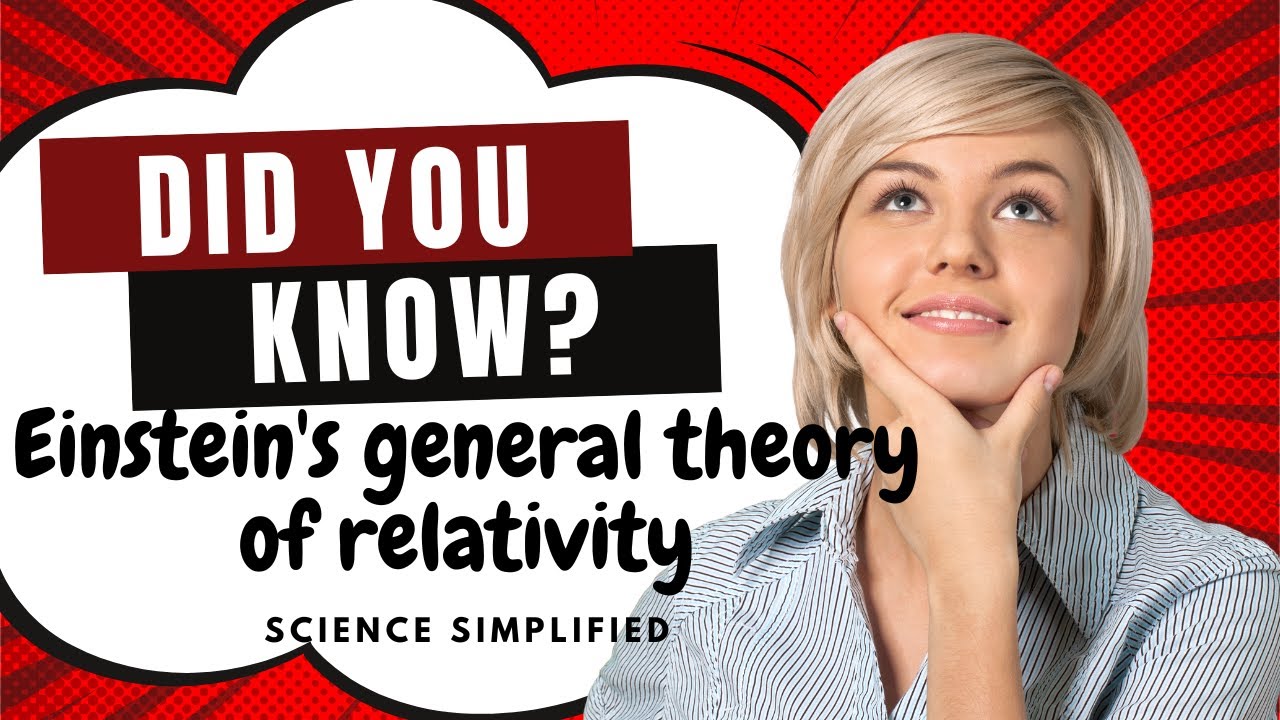Albert Einstein’s General Theory of Relativity, published in 1915, revolutionized our understanding of the universe. It describes the laws governing the motion of objects in space and time and introduced the concept of gravity as a curvature of spacetime.
According to the theory, massive objects like the sun cause a distortion in spacetime, causing it to curve. This curvature, in turn, affects the motion of other objects moving nearby, such as planets in orbit around the sun.
This idea challenged the previous understanding of gravity as a force between masses. The theory was developed by Einstein through a combination of thought experiments and mathematical equations.
He considered the idea of a person in a closed room, unable to see outside, and imagined what would happen if they were near a massive object like the sun. He concluded that the person would feel the effects of gravity, even though they couldn’t see it.
One of the most famous predictions of the General Theory of Relativity is that time passes differently in strong gravitational fields than it does in weaker ones. This idea was later confirmed by experiments involving atomic clocks, which showed that time runs slower in strong gravitational fields.
The theory also introduced the concept of black holes and the prediction of gravitational waves. Black holes are regions of space where the gravitational pull is so strong that nothing, not even light, can escape it.
Gravitational waves are ripples in the fabric of spacetime that are created by the acceleration of massive objects. These predictions were later confirmed by experiments and observations, further supporting Einstein’s theory.
The General Theory of Relativity has a profound impact on our understanding of the universe. It explains the behaviour of celestial objects, such as the orbit of the planets and the behaviour of stars, and provides a deeper understanding of the nature of gravity.
It has also inspired numerous other theories and discoveries in the field of physics and astronomy.
In summary, Einstein’s General Theory of Relativity is a remarkable achievement in the history of science, changing the way we see the world and the cosmos. Its impact can still be felt today, as scientists continue to explore the implications of the theory and build on Einstein’s ideas.
